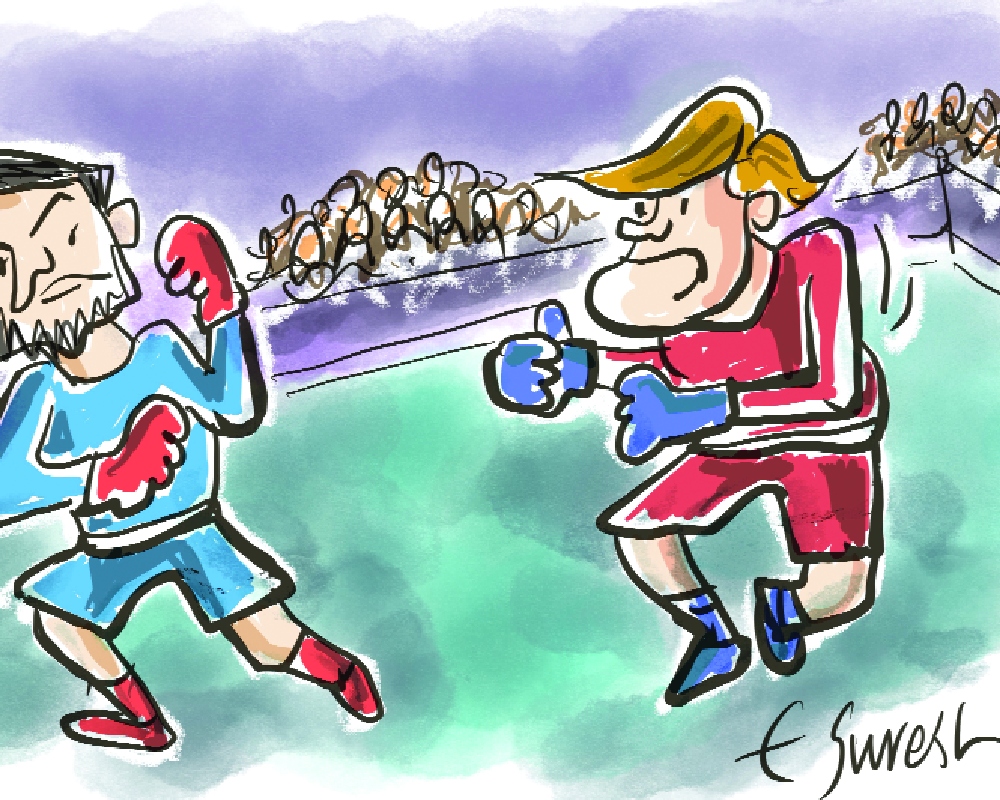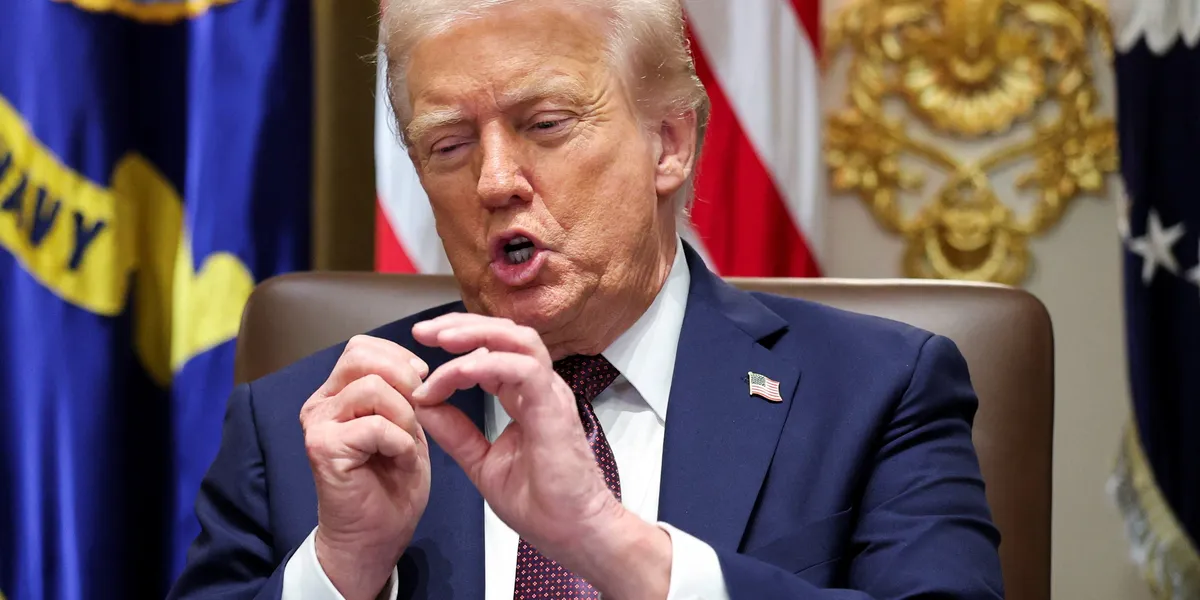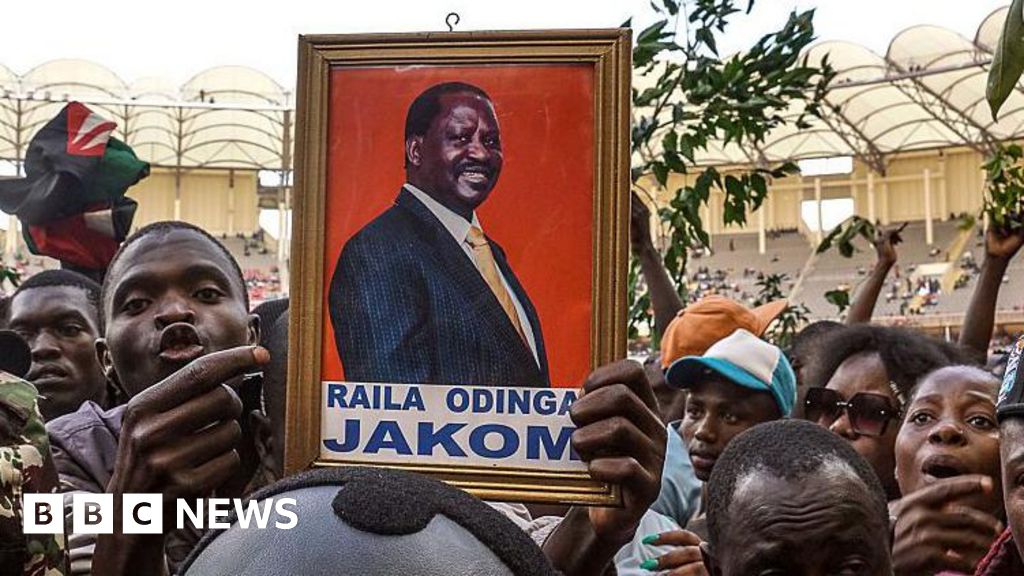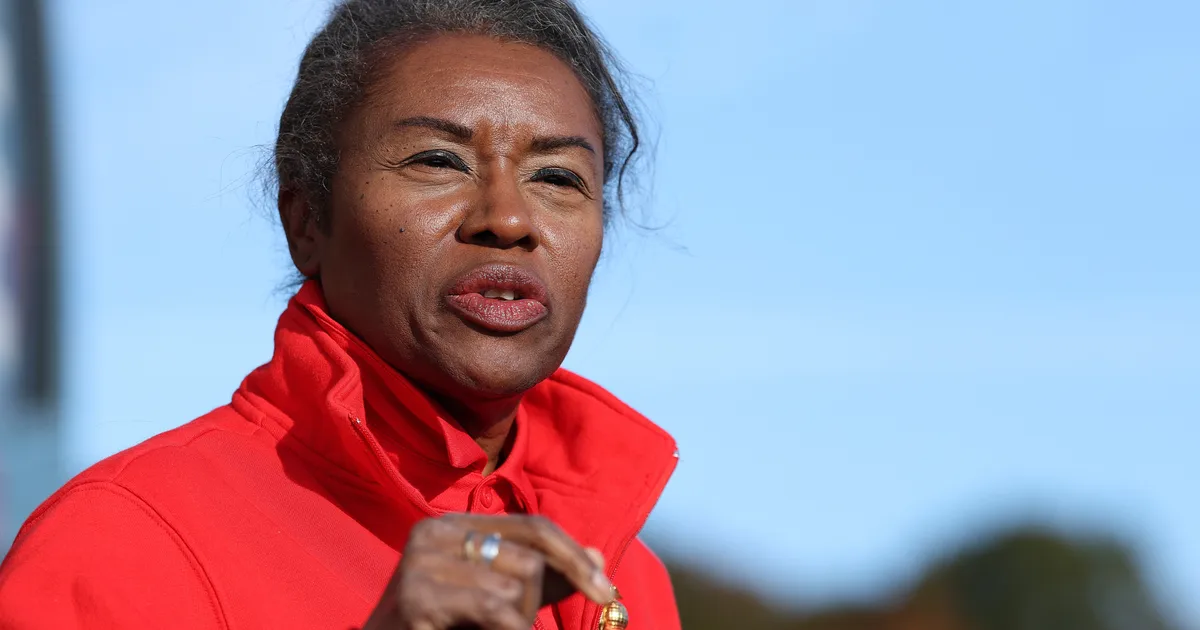Copyright dailypioneer

Zohran Mamdani’s record-breaking victory in New York’s mayoral race is astonishing. Elected as the first Muslim South Asian mayor of the city, he represents a rare blend of identities. Born in Africa to South Asian parents and a follower of Shia Islam, he is also the son of acclaimed filmmaker Mira Nair. Since his election, Mamdani has received significant media attention. Addressing a cheering crowd in New York, he said, “A moment comes but rarely in history when we step from the old into the new,” quoting India’s first Prime Minister, Jawaharlal Nehru, from his historic 1947 freedom speech. Many observers believe that Mamdani’s invocation of Nehru signalled the beginning of something new and potentially transformative in New York politics. Mamdani has expressed pride in being the first Indian-American mayor of the city, also honouring his mother’s Hindu heritage. Though he identifies as a Muslim, he holds a deep appreciation for Hindu traditions such as Raksha Bandhan, Diwali, and Holi. On Instagram, he often posts in Hindi, using playful imagery and dialogues from Bollywood films. His mother, Mira Nair, is an award-winning filmmaker best known for Monsoon Wedding and The Namesake. His father, Mahmood Mamdani, is a professor of anthropology at Columbia University. Mamdani grew up in Cape Town before moving to New York at the age of seven. His election marks a progressive shift in American politics. Defeating established figures such as Andrew Cuomo and Curtis Sliwa, Mamdani overcame a $22 million campaign funded by 26 billionaires who tried to block his path to victory. His triumph symbolises both change and renewed faith in the power of democracy. In just nine months, Mamdani went from being a relatively unknown assemblyman in the New York State Legislature to the city’s mayor-elect. Despite low initial poll ratings, his campaign relied on a robust grassroots operation. Thousands of New Yorkers — mostly unpaid volunteers-worked tirelessly to spread his message of progressive reform. “Zohran Mamdani is transforming politics,” said US Senator Bernie Sanders, who inspired him. “As mayor, he will stand up for New York’s working people. That might alarm the establishment and the billionaires, but it’s exactly why over 100,000 volunteers supported his campaign.” New York’s mayoral elections often attract limited attention, dominated as they are by wealthy politicians in this heavily Democratic city. However, once Mamdani won the Democratic primary, his campaign quickly gained national traction. In a matter of weeks, he transformed online enthusiasm into real votes, turning the race into a global talking point. In his victory speech, Mamdani declared, “I will wake up each morning determined to make this city better for you than it was the day before.” A graduate of Bowdoin College in Maine, Mamdani earned a degree in Africana Studies in 2014 and co-founded his college’s Students for Justice in Palestine chapter. Before entering politics, he worked as a housing counsellor for low-income families. In 2020, he was elected to the New York State Assembly after defeating a long-time Democratic incumbent in Queens and has since been re-elected twice. His campaign resonated strongly with young voters, who admired his authenticity, though critics continue to question his administrative experience. His democratic socialist platform-featuring proposals such as free public buses, universal childcare, rent-stabilised housing, a $30 minimum wage by 2030, and higher taxes on the wealthy-has given hope to many New Yorkers seeking a fairer future. Despite the brevity of his campaign, Mamdani’s ability to turn social media support into community action drew attention in India and highlighted the growing influence of the Indian diaspora in US politics. Former President Donald Trump called Mamdani a “communist,” claiming that America “lost a bit of sovereignty” in the mayoral elections. He warned that funding New York under Mamdani would be wasteful due to his leftist leanings. Trump’s supporters — the MAGA base-reacted sharply to Republican losses in several states, including Virginia, New Jersey, California, and New York City, blaming him for focusing too much on foreign affairs over domestic priorities. Mamdani’s victory, in particular, has become a flashpoint within the GOP, intensifying criticism of Trump’s political influence. As mayor, Zohran Mamdani is expected to champion the working people of New York-a prospect that unsettles the establishment and the billionaire class but also explains the remarkable enthusiasm of his supporters. The road ahead will not be easy. Mamdani must now deliver on his promises, unite his supporters, and secure the resources needed to fulfil his ambitious agenda. If he succeeds, he could redefine New York’s political future; if not, he risks fading as quickly as he rose. The writer is a popular Columnist; views are personal



